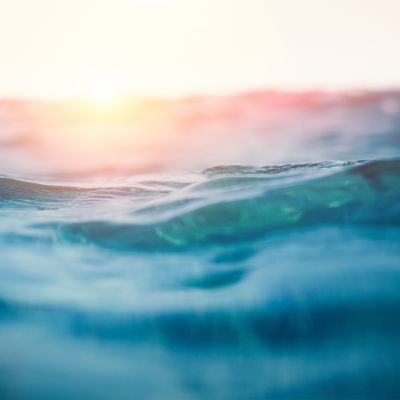An understanding of rainfall, evapotranspiration, runoff, groundwater recharge, groundwater storage, and groundwater movement is essential for those involved in the science, engineering or management of the water environment. This course provides a conceptual and quantitative understanding of surface and groundwater hydrology as a basis for later applied studies of water quality, water engineering, and water management.
At a glance
-
- Dates
-
- Please enquire for course dates
- Duration12 hours over four 3 hour sessions
- LocationOnline
- Cost£500 Concessions available
Course structure
This course is delivered via a mixture of online lectures, break-out group activities and discussions
What you will learn
On successful completion of this short course you will be able to:
- Explain the processes governing the surface and sub-surface movement of water within a catchment.
- Select and apply appropriate measurement techniques and understand their measurement uncertainty.
- Analyse and interpret a range of hydro-meteorological data.
Core content
- Water balances as a basis of sustainable water management
- Land-atmosphere interactions: measurement of precipitation amount and intensity. Interception and depression storage. Reference, potential and actual evapotranspiration,
- Understanding variability in soil water storage in space and time and implications for hydrology; runoff processes.
- Discharge measurement; velocity area methods. Structures; hydraulic principles of weirs & flumes. Stage measurement. Rating curves and other methods.
- Groundwater: Aquifer properties; recharge, groundwater movement, groundwater flow; conduct and analysis of pumping tests including limitations and assumptions.
Speakers
Concessions
You can book a single course or any combination of the courses offered in Water Management May in the same year, and benefit from discounts.
- One course: £500
- Two courses: (£450 per course)
- Three+ courses: (£350 per course)
Read our Professional development (CPD) booking conditions.

